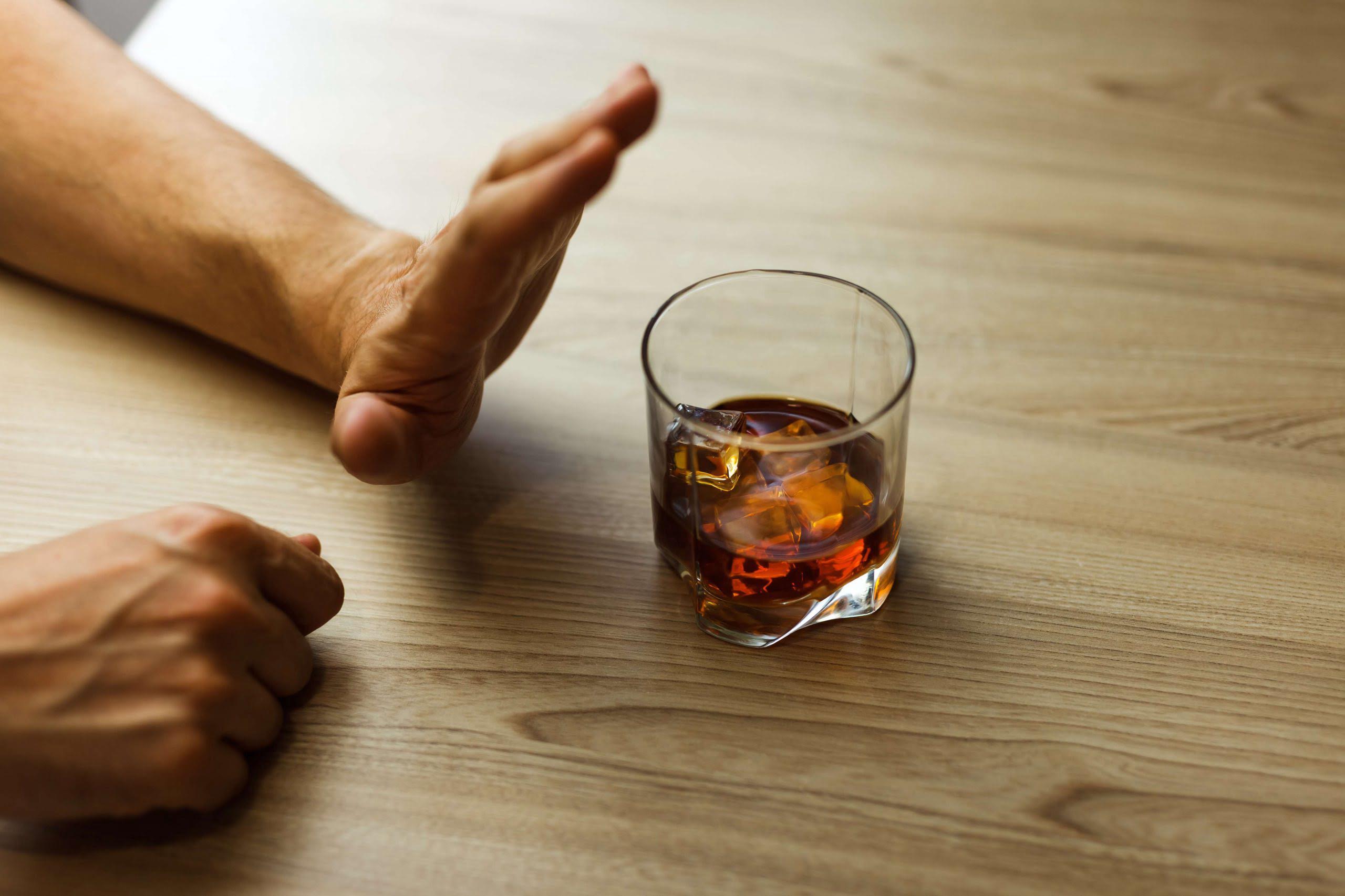Therefore, if you are looking to get buzzed, drink responsibly and keep track of your alcohol intake. The “depressed drunk” may even try to hide their feelings or stifle their emotions, by bottling it up inside and trying to ignore it. There are generally four types of drunks that can be identified (although some individuals may exhibit behaviors from multiple categories). They are known as the “happy drunk,” the “angry drunk,” the “mean drunk,” and the “depressed drunk. Some people even say that the buzz can help them stay in the moment and be more confident and sociable. Genetic differences account for over 50% of variation in alcohol response between individuals.
FAQs about Emotional and Psychological Effects of Being Drunk
This is due to the increased levels of gamma-aminobutyric acid (GABA) in the brain, which creates feelings of calm and euphoria. However, the emotional impact of alcohol can vary depending on the individual and the amount consumed. Long-term heavy drinking can lead to permanent changes in the brain, resulting in problems with understanding, memory, and logical thinking. This condition, known as alcohol-related brain damage, is a consequence of prolonged alcohol abuse. Alcohol changes the way brain cells communicate with each other, and over time, this can lead to cognitive impairments.
How to avoid passing out
However, the amount of alcohol required to become “buzzed” varies from person to person. If a person’s blood alcohol content (BAC) is below the legal limit, they are likely not intoxicated or drunk. The feeling of a buzz may slightly vary from person to person, as well as the drink that what does getting drunk feel like is being consumed. Generally, people say that a buzz from alcohol feels good and can make the drinker cheerful and relaxed.
Emotional Swings and Instability
When alcohol enters the bloodstream, it travels to the brain, where it affects neurotransmitters—chemical messengers that transmit signals between nerve cells. The primary neurotransmitters influenced by alcohol are gamma-aminobutyric acid (GABA) and glutamate. Alcohol enhances the effects of GABA, which has inhibitory properties, leading to feelings of relaxation and sedation. Simultaneously, it inhibits glutamate, which has excitatory effects, further contributing to the depressant effects of alcohol.
Social Context
Symptoms of alcohol poisoning include confusion, vomiting, seizures, slow breathing, and unconsciousness. Immediate medical attention is necessary to prevent fatal outcomes. Severe intoxication, also known as being heavily drunk or inebriated, occurs when a person consumes a large amount of alcohol in alcohol rehab a short period.

Slurred Speech and Lack of Coordination

Let’s consider several helpful strategies for any drinker but especially those drinking for the first time. Avoiding the drunk and danger stages is ideal because, by that point, we may not realize how our actions can lead to serious consequences. Paying attention to this rule is important not only for the safety of ourselves and others, but because the legal consequences of drinking and driving are serious. We could lose our license, or even go to jail — and the consequences only go up when we commit other traffic violations (like speeding or running traffic signals) while intoxicated.
- Being drunk can feel good initially because alcohol triggers the release of feel-good endorphins and increases calming neurotransmitters like GABA in the brain.
- These work to ease stress and anxiety, reduce feelings of pain, and boost mood.
- In a positive social context, drinking can lead to enjoyable experiences and stronger social bonds.
- Take the first step toward addiction treatment by contacting us today.
Alcohol is absorbed through the stomach lining and into the bloodstream. If you quickly drink too much alcohol, your body won’t have much time to metabolize the substance, causing you to get drunk. At a .20 BAC to a .25 BAC, your mental, physical, and sensory functions are super impaired. You’ll start to feel significantly confused and may need help to walk or stand.
- Someone who is simply drunk and not showing signs of alcohol poisoning may not need medical attention.
- In this section, we will explore the cognitive impairments in alcoholics and the long-term effects of alcohol use on brain function.
As a result, individuals may engage in risky behaviors, such as driving under the influence or making poor financial decisions. Metabolism also influences intoxication levels as it affects how quickly the body processes and eliminates alcohol. Individuals with higher metabolic rates may metabolize alcohol more efficiently, leading to a faster elimination of alcohol from the body. As a result, they may experience a lower level of intoxication compared to individuals with slower metabolism. Alcohol has a profound impact on the brain, affecting its normal functioning.
Stages of Drunkenness
Contact Inner Voyage Recovery Center today to get the help you deserve. A blackout occurs when alcohol prevents your brain from forming new memories. During a blackout, you may still walk, talk, and interact with others, but you won’t remember any of it the next day. Blackouts are a sign of severe intoxication and indicate that you’ve consumed too much alcohol. Several factors influence how drunk you feel and how your body processes alcohol. At the extreme end of intoxication, you might experience a blackout, which occurs when alcohol prevents the brain from forming new memories.
